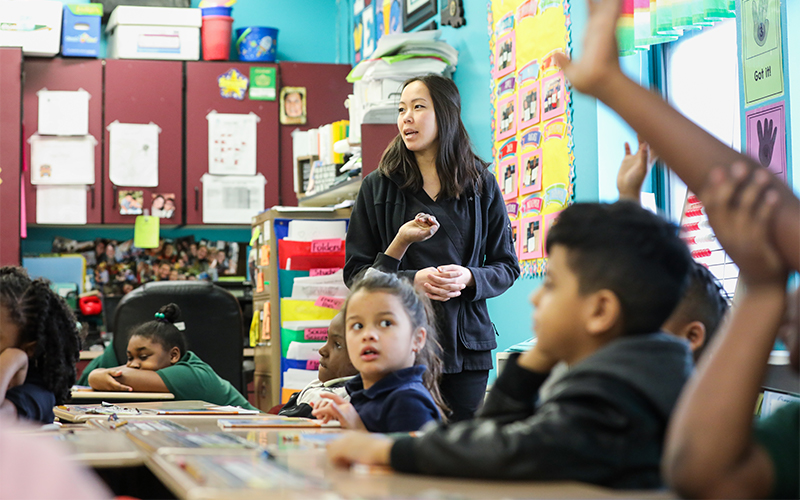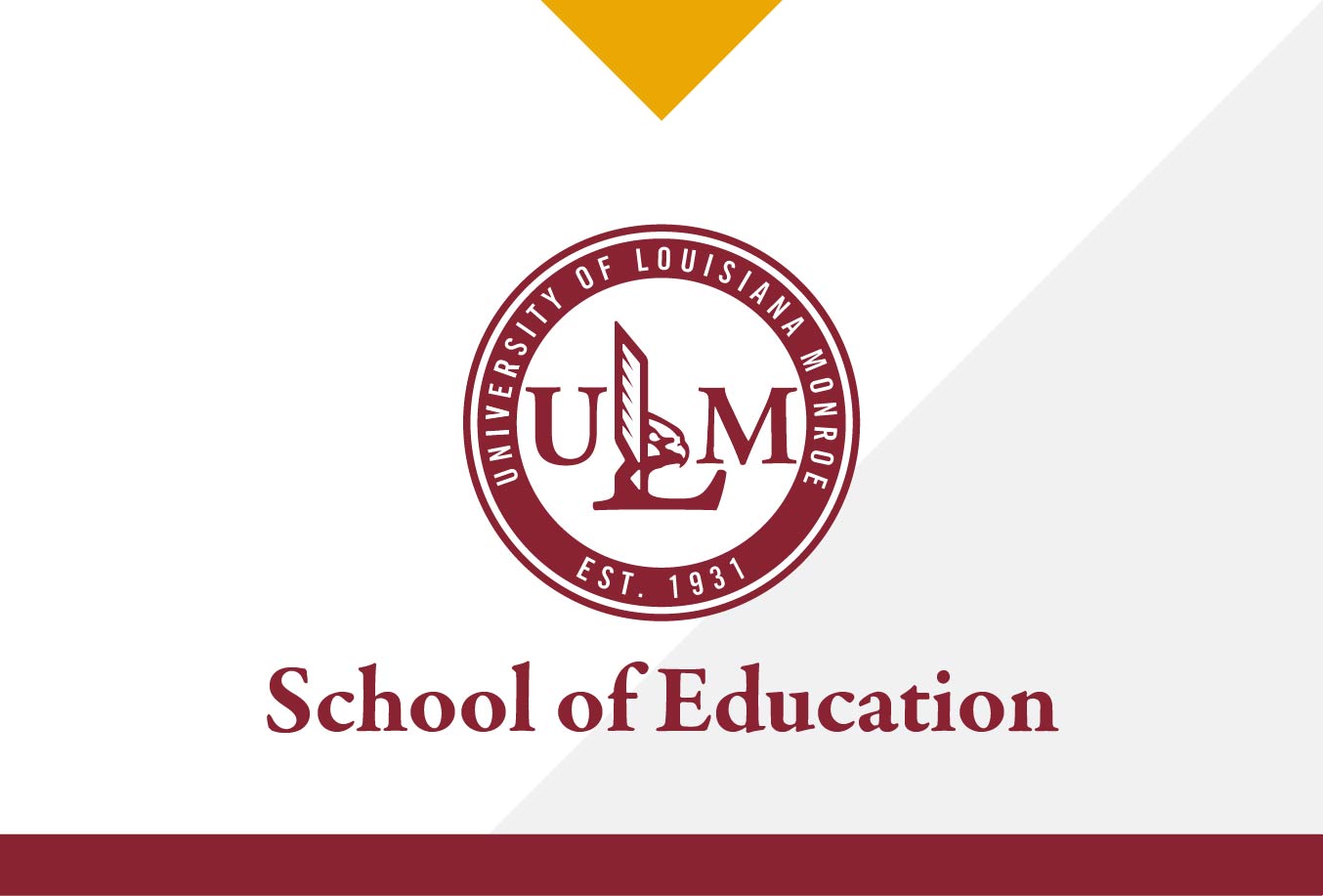


The School of Education is dedicated to preparing exemplary teachers through undergraduate academic degree programs in areas of Elementary Education. Our program is accredited by the Council for the Accreditation of Educator Preparation (CAEP) and the Southern Association of Colleges and Schools Commission on Colleges (SACSCOC). The program is designed to enhance professional educators to facilitate learning. The curriculum reflects a carefully planned interaction among five components: general studies (classes common to all undergraduate programs), professional and pedagogical studies (classes in instruction of teaching methods), content studies (classes in Mathematics, Science, Social Studies, etc.), Integrative Studies, and clinical and field experiences (Residency).
Making sure your program is the right financial investment is an important part of the search process.
COST & FINANCINGThe Elementary Education program is part of the School of Education, which is fully accredited through the Council for the Accreditation of Educator Preparation (CAEP).
High-quality coursework and field experiences are embedded throughout the program to provide teacher candidates with opportunities to learn and apply research-based teaching strategies from their content areas in authentic education settings.
Educators Rising is a national membership organization for aspiring teachers and their mentors. Participation in this organization will provide opportunities for teacher candidates to connect with peers and experts locally and around the country to improve teaching and learning experiences for all students.
Teacher candidates in the Elementary Education program will be paired with a highly qualified mentor teacher for a yearlong residency experience that will provide extensive co-planning and co-teaching opportunities.
Graduates of the Elementary Education program will be certified to teach by the Louisiana Department of Education and will be on track to pursue advanced degrees and certification in educational leadership, educational technology, special education, curriculum and instruction, educational diagnostics, and many other ancillary certificate areas.
The curriculum reflects a carefully planned interaction among five components: general studies (classes common to all undergraduate programs), professional and pedagogical studies (classes in instruction of teaching methods), content studies (classes in Mathematics, Science, Social Studies, etc.), Integrative Studies, and clinical and field experiences (Residency).
Here are a few of the top careers in this field:
- Elementary School Teacher (grades 1-5)
- Curriculum Coordinator
- Reading Specialist
- School Administrator
- Instructional Coach
- Educational Diagnostician
- Program Coordinator
Students in the Elementary Education and program will complete two Curriculum courses prior to admission into the School of Education Teacher Education Program. CURR 1001, Navigating within a Culturally Pluralistic Society, and CURR 2001, Educational Foundations for Diverse Learning Environments, will provide a solid foundation for teacher candidates to understand the needs of the students they will serve as future educators. In addition, elementary education candidates take SPED 2002, which focuses on differentiation for diverse learners.
Once admitted into the Teacher Education Program, elementary students will complete a junior year block of courses for literacy, social studies, science, and mathematics teaching methods. These courses include embedded field experiences, peer teaching, and signature assessments designed to prepare students for the yearlong residency in the senior year.
During the senior year residency, students will be placed in a mentor teacher’s classroom for a yearlong residency. During this residency, students will complete advanced methods coursework and an additional class with a focus on best practices in K-12 assessment. These courses allow students to utilize authentic teaching and learning experiences to determine problems of practice with strategic interventions to support growth of students with diverse needs.
List of programs/Activities:
Learn more about financial aid options: https://www.ulm.edu/financialaid/
Learn more about scholarship opportunities: https://www.ulm.edu/scholarships/



